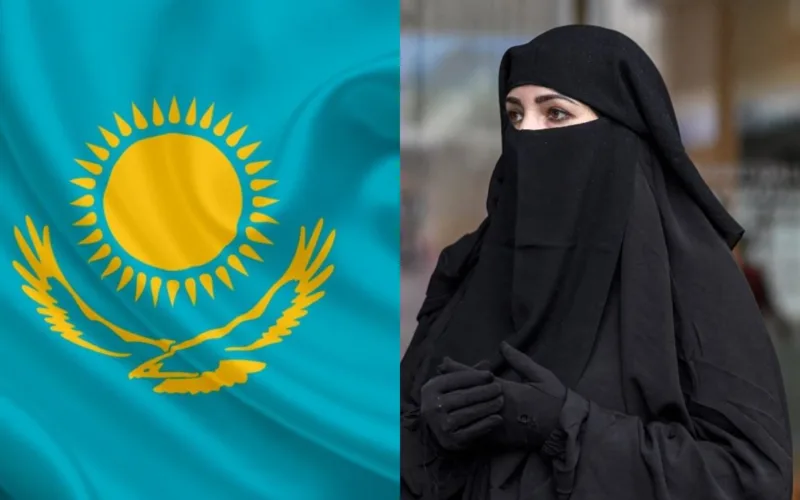Kazakh President Kassym‑Jomart Tokayev has signed legislation prohibiting the wearing of face‑covering clothing in public spaces, effective immediately.
The new rule bans any garment that “interferes with facial recognition,” drawing parallels to recent measures in neighboring Central Asian states.
The law, adopted on Monday as part of a broader set of amendments, does not single out religious attire but applies to all forms of coverings.
However, it implicitly targets items like the Islamic niqab. Exemptions are granted for medical masks, protection against harsh weather, and attire required at sporting or cultural events.
“Instead of concealing one’s face, we should celebrate our national heritage through traditional Kazakh dress,” President Tokayev said earlier this year. He has framed the ban as a way to reinforce ethnic identity in a country where 69.3% of its 20.3 million citizens identify as Muslim.
Kazakhstan joins a growing list of Central Asian republics that have restricted Islamic face veils. In Uzbekistan, offenders face fines exceeding $250, while in Kyrgyzstan, police actively patrol streets enforcing a similar niqab ban.
Tajikistan’s President Emomali Rakhmon likewise outlawed public garments deemed “alien to national culture.”
Ethnic Kazakhs—over 70% of the population—are predominantly Sunni Muslims of the Hanafi school, and significant communities of Uzbeks, Uyghurs, Tatars, and Chechens also practice Islam.
Critics warn the legislation risks alienating devout women who view face‑covering as a religious duty, while supporters argue it promotes security and cultural unity.
The government has directed law enforcement to implement the ban sensitively, encouraging public education campaigns on traditional clothing and identity.
Violators may face fines or administrative penalties, though specific sanctions have yet to be detailed.




 WhatsApp Channel
WhatsApp Channel
 Instagram
Instagram
 Facebook
Facebook
 X (Twitter)
X (Twitter)